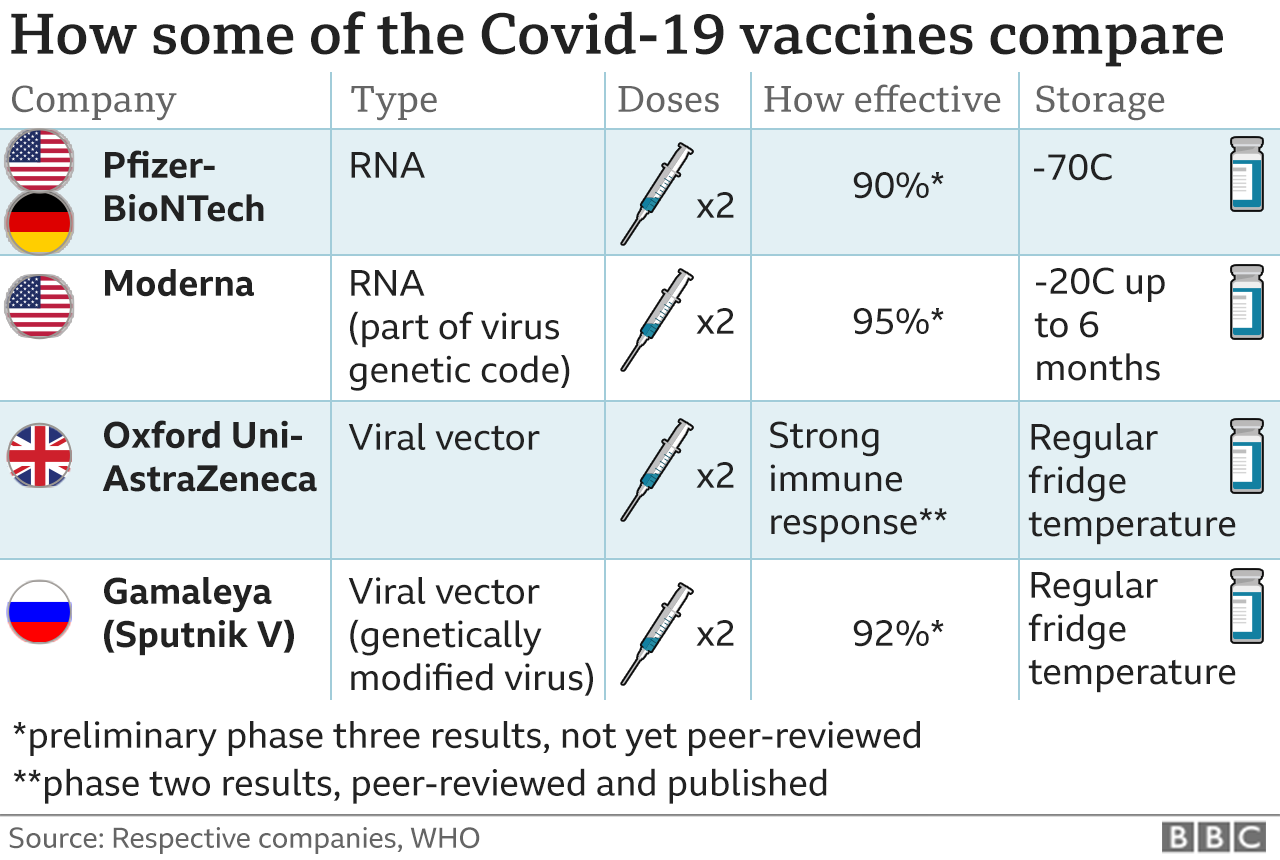


To this end, along with the classical parameters of patient follow-up, more specific immunology-based investigations should be conducted to examine all the aspects of the long-term immune response. express more or less strong messages of caution and point to the need to gain a deeper knowledge of the reciprocal interaction between COVID-19 vaccination and CPI cancer treatment by investigating large cohorts of patients. However, the authors recognise the possibility that rare IRAEs could be identified in larger cohorts of patients under COVID-19 vaccination. also mentions the apparent short-term absence of immunologically related adverse events (IRAEs) in a subgroup of 134 patients treated by CPIs who received the BNT162b2 mRNA COVID-19 vaccine. On the other hand, the report by Waissengrin et al. A larger set of patients would certainly be necessary to confirm their findings and deliver a clear message on this point. The authors nevertheless consider their data as supporting the short-term safety of the mRNA COVID-19 vaccine in patients under CPIs. Based on a relatively limited number of cases, the authors note that when compared to matched controls, CPI therapy results in a constant and variable increase of all COVID-19 vaccination side effects, which is cause for alarm. reports on the BNT162b2 messenger RNA (mRNA) COVID-19 vaccine administered in cancer patients under checkpoint inhibitors (CPIs). One recent short article by Waissengrin et al. , especially those in phase III vaccine trials.

There is a scarcity of data on the consequences of COVID-19 vaccination in cancer patients under specific treatments, as recently stressed by Korompoki et al.


 0 kommentar(er)
0 kommentar(er)
